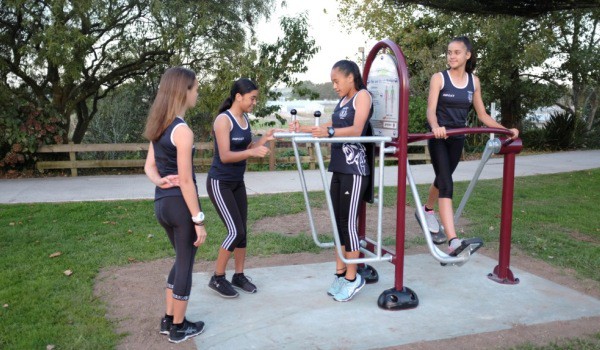Waikato District Council news
In the past financial year the Waikato District Council has committed grants totalling more than $800,000 for distribution to 174 community groups and charities throughout the district enabling communities to come together to meet local needs.
Information on this and other work the Council has undertaken in the past year will be included in the Council’s Annual Report 2017/18 that is expected to be adopted at a Council meeting on Monday (8 October).
Mayor Allan Sanson says grants committed in the past year included more than $613,000 of targeted and discretionary Council funds, another $71,256 distributed on behalf of the Creative Communities Scheme Fund, and $125,529 distributed on behalf of the Waikato District Community Wellbeing Trust, an independent trust the Council administers.
Local tourism, district heritage and the environment were a focus for some of these grants. The largest single amount was $150,000 for Hamilton and Waikato Tourism which is helping to support a growing tourist industry in Raglan.

Another significant project was the launch of a fitness trail, featuring outdoor gym equipment, along the Waikato Esplanade. Costing nearly $60,000, the fitness trail was spearheaded with a $10,000 discretionary grant from the Ngaruawahia Community Board and $10,000 funding (committed in 2016/17) from the Waikato District Community Wellbeing Trust, and completed with support from the WEL Energy Trust, Perry Group Ltd, and the Ngaruawahia Lions Club. The fitness trail provides a community resource that adds to Ngaruawahia’s attraction as a fitness destination alongside the ‘Te Awa Great NZ River Ride’ cycleway, and complementing the popular Hakarimata walking track.
Support for district museums continued to feature in the Council’s grants schedule with $20,000 for the Raglan Museum, $10,000 for the Tuakau and District Museum Society, and $50,000 for the Waikato Coalfields Museum. Among the projects supported by the Council’s newest fund, the Heritage Project Fund, was the production and launch of the book, ‘Wāhia Ngā Rua’ by Mai Uenuku ki te Whenua Marae with a $5,000 grant. This illustrated educational resource tells the story of the prominent Waikato chief Ngaere, who lived in the late 1600s, and how Ngaruawahia and the Hakarimata Ranges came to be named.
Support for the environment also continued to feature in the grants schedule, including $20,000 committed to support projects under the Waikato District Lakes and Wetlands memorandum of agreement with Waikato Regional Council, Waikato-Tainui, the Department of Conservation and Fish & Game, and $25,000 for work around Te Otamanui Lagoon.
